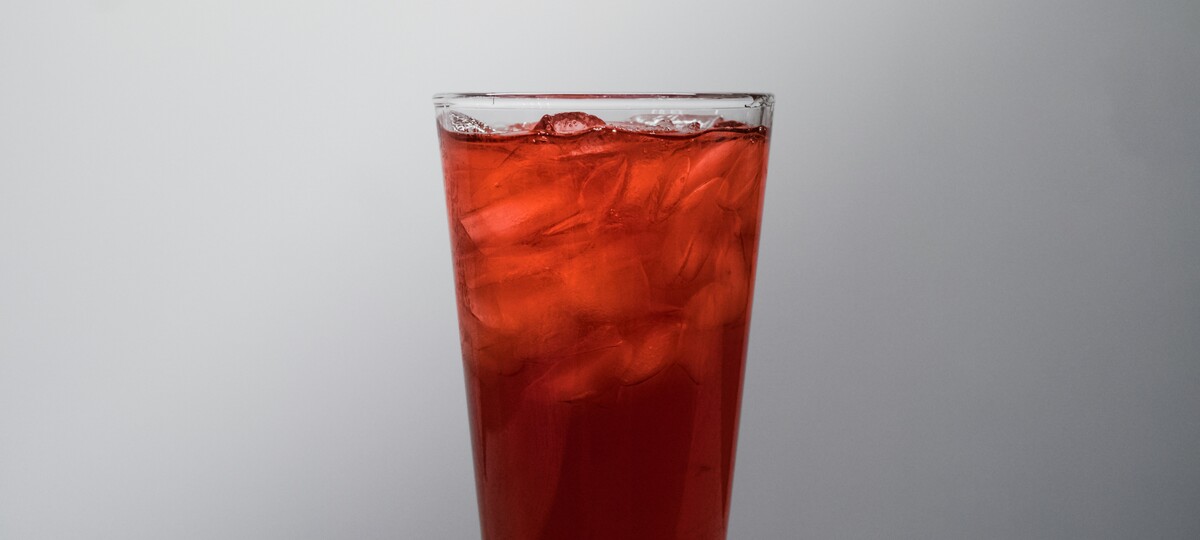Popular Dog Foods ‘With Benefits’ May Not Be as Healthy as You Think
Hopefully, by now, many dog owners have heard of some of the
terrible qualities of dry dog food
. It doesn’t matter which brand, how popular the ultra-processed dry dog foods are, how many commercials they have or how prominent their advertisements are on social media and pet websites. They are not what your dog needs to eat.
Fruit Loops are popular and have a lot of advertisements too. They are not what your human children need to eat.
Unfortunately, all of those advertisements do pay off for the big food/dog food conglomerates. Despite all of the evidence of the harm they cause, those foods are still promoted by most veterinarians, shelters, dog breeders and pet websites that just so happen to sell those same foods.
It’s almost as if the advertisers are paying to promote those ultra-processed foods, even though we know that a diet of 100% ultra-processed food is not the ideal diet. Imagine that?
Related: 3 Vet-Approved Homemade Dog Food Recipes for Your Pooch

Is There Evidence That Dry Dog Foods Aren’t Ideal?
Fortunately, a few magazines and websites aren’t dependent on selling ultra-processed food and are able to publish the truth. A
Consumer Reports
article from February 2025 sampled 58 foods and found that many did not contain what they claimed (2).
To write that article, they chopped, blended and tested 58 popular dry dog foods to determine their safety. Some of the brands tested were Hill’s and Purina, as well as less popular foods.
Most of them were found to be safe, but some were found to contain a dangerous bacteria called
Listeria monocytogenes
. At least one line of Pedigree food tested also had five times as much vitamin D as needed. Excessive vitamin D is toxic to dogs.
Unfortunately, there aren’t many studies from universities, as research is almost always funded by dog food companies, but some research from Europe found that dogs that ate at least one-fifth of their diet in fresh whole foods were significantly healthier.
Are the Dry Dog Foods Improving?
The nutritionists who make dry dog foods do try to produce the best formula. At that point, however, the food is altered to contain whichever cheap fillers the company has in excess.
No veterinary nutritionist has control of the ingredients once the dry food is in production. The ultimate food produced is a product of the profit motive.
They are not going to improve.
Are They Going to Meet My Dog’s Needs?
Commercial dog foods contain enough nutrients to prevent disease, which is sometimes not what the pet needs.
That means they have enough, or at least enough based on what was known when the standards were written, but it doesn’t mean they have optimal levels. Many dogs need much more, as evidenced by the health benefits we see when dogs are given more omega-3 fatty acids and antioxidants.
With dementia, for example, standard diets do not have enough omega-3 fatty acids. At least a third of all dogs over 8 years of age may be suffering from dementia.
Another concern is that the Association of American Feed Control Officials (AAFCO) standards list requirements for certain nutrient classes but don’t specify what that nutrient actually is. Most of you are already familiar with protein levels, as puppy foods are always sold as higher in protein.
Dog food manufacturers can add a little bit of animal protein so that it’ll show up on the label, but they’ll actually meet that protein requirement with a cheap food like corn gluten.
Another popular trend is to sell dog foods as vegan. Studies have shown that even when they are AAFCO-approved, they are deficient. All the foods evaluated had at least one or more nutrients deficient, and some had excess levels of copper and zinc, minerals that should not be in excess.
So are the dry foods going to meet your dog’s needs? Maybe.

What’s the Solution for My Dog?
The solution to feeding these ultra-processed diets that aren’t what your dog needs is to give a homemade diet. There are adequate resources in several places, and I have
guidelines for dog food
in several articles on PetHelpful.
Many people don’t have the time or the desire to make up their own dog food, and since the large corporations that own the pet food manufacturers fund many websites, all universities and most research projects, professionals are told that ultra-processed is the best option to prevent malnutrition.
As a veterinarian, I can assure you that the health issues we see every day are not related to malnutrition. They’re related to obesity secondary to a diet of ultra-processed food, skin diseases that may be linked to food, allergies and other skin diseases, and arthritis and other chronic diseases that may be diet-related.
If you don’t have the time to make up a whole food to give at home, try giving whole-food toppers and replacing at least 80% of the kibble with sardines, whole eggs and other fresh foods.
Are There Any Benefits to Dry Food?
There are a lot of misconceptions about dry food.
Dry dog foods do not
keep your dog’s teeth clean
, which is why about 80 to 90% of dogs have dental disease by the time they’re 3 years old.
Dry foods provide vitamins and minerals that can help prevent most of the diseases we were aware of many years ago. However, they do not provide optimal nutrition.
The only benefit of dry food is convenience. If you’re a parent, you know not to feed 100% of your child’s diet as ultra-processed food. Would you give your child Fruit Loops for breakfast, lunch and dinner?
If you’re a pet parent, why would you do that to your cat or dog?
Up Next:
Related: 4 Big Pros—and Some Cons—to Feeding Your Dog a Raw Food Diet
Sources
-
Zafalon RVA, Risolia LW, Vendramini THA, Ayres Rodrigues RB, Pedrinelli V, Teixeira FA, Rentas MF, Perini MP, Alvarenga IC, Brunetto MA. Nutritional inadequacies in commercial vegan foods for dogs and cats. PLoS One. 2020 Jan 17;15(1):e0227046. doi: 10.1371/journal.pone.0227046. PMID: 31951617; PMCID: PMC6968870.
https://pubmed.ncbi.nlm.nih.gov/31951617/
-
Kevin Loria, What’s Really in Your Dog’s Food, Consumer Reports, 2025.
https://www.consumerreports.org/health/pet-food/whats-really-in-your-dogs-food-a1115304393/




